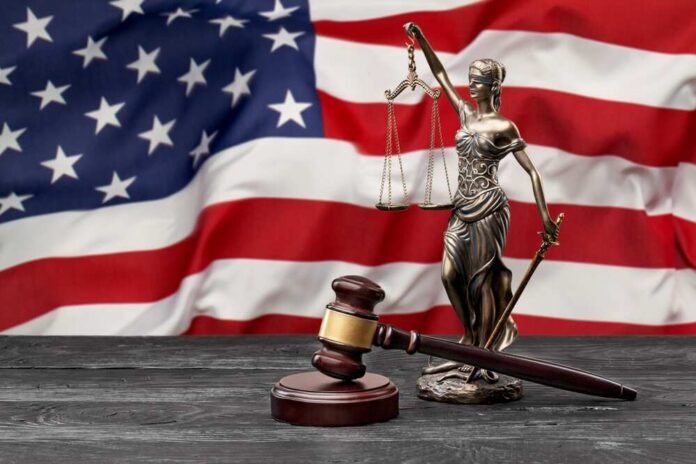
The U.S. Supreme Court began its review of obstruction charges against former President Donald Trump with a discernible skepticism on Tuesday, casting uncertainty over the future of Special Counsel Jack Smith’s case. This key hearing focuses on the allegation of “obstructing an official proceeding” related to the January 6 Capitol riot, representing a critical juncture in Trump’s ongoing legal challenges.
If they side with the defense here, it guts Jack Smith’s DC case against Trump. Huge huge import
— Megyn Kelly (@megynkelly) April 16, 2024
Commentator Megyn Kelly shared her observations on X, noting that the six conservative justices appeared to lean toward the defense’s arguments. “BIG – Supreme Court argument on whether ‘obstructing an official proceeding’ can form the basis for a criminal charge against January 6 defendants (INCLUDING TRUMP – this is the heart of Smith’s January 6 case against him) is not going well for the government. At all. (All 6 conservatives sound on side of the defense.),” she posted. Kelly warned that if the justices side with the defense, it could significantly weaken Smith’s case in Washington D.C.
We are underway at SCOTUS.
Jeffrey Green, representing Joseph Fischer, opens.
Clarence Thomas asks first question and how 2 provisions (c)(1) and "otherwise" (c)(2) are related.
The question is whether the second part–very vague–is tied or independent of the first part:…
— Julie Kelly 🇺🇸 (@julie_kelly2) April 16, 2024
Investigative journalist Julie Kelly reported on the probing questions posed by Justice Clarence Thomas during the session. Thomas questioned the application of a legal provision used by Smith, which pertains to altering or destroying documents to impair their integrity for use in an official proceeding, specifically in the case of Joseph Fischer, a police officer involved in the January 6 events.
Amy Coney Barrett asks question on a point raised by Jack Smith, which is whether 1512c2 defendants did attempt to obstruct with documents, i.e., electoral certificates.
KBJ presses Green on whether statute applies to evidence since the word "evidence" doesn't appear in the…
— Julie Kelly 🇺🇸 (@julie_kelly2) April 16, 2024
The debate engaged both conservative and liberal justices, with Justice Amy Coney Barrett asking whether the defendants truly attempted to obstruct using documents like electoral certificates. Meanwhile, liberal Justices Ketanji Brown Jackson and Elena Kagan raised concerns about the statute’s application to physical evidence, adding layers of complexity to Smith’s strategy.
Justice Samuel Alito directly challenged Smith on the broad application of the law, suggesting, “I think you may be biting off more than you can chew…that the ‘otherwise’ clause can only be read the only way you read it,” indicating a tough stance from the court.
Despite these challenges, Smith stood firm on his legal approach, even hinting at the possibility of bypassing the Supreme Court’s decisions. He argued in a document cited by The Federalist that, irrespective of how the Court interprets Section 1512(c)(2), the charges in his case should stand.
Alito: "I think you may be biting off more than you can chew…that the 'otherwise' clause can only be read the only way you read it."
Green: 1512 "zeros in" on witnesses and evidence.
Govt reading of c2 is "so broad" that it would apply to anyone who influences in any way any…
— Julie Kelly 🇺🇸 (@julie_kelly2) April 16, 2024
These Supreme Court deliberations occur amidst a backdrop of additional legal troubles for Trump. A Florida judge, Aileen Cannon, has delayed hearings in the classified documents case to accommodate Trump’s schedule, and a Manhattan judge, Juan Merchan, requires Trump’s daily presence at his hush money trial under threat of arrest. These demands could push back Smith’s cases against Trump by up to two months, adding complexity to an already intricate legal situation.
This week’s hearings are pivotal not only for shaping the legal narrative surrounding Trump but also for testing the limits of U.S. law concerning obstruction of official proceedings, potentially redefining the frameworks of authority and accountability at the highest echelons of political power.














